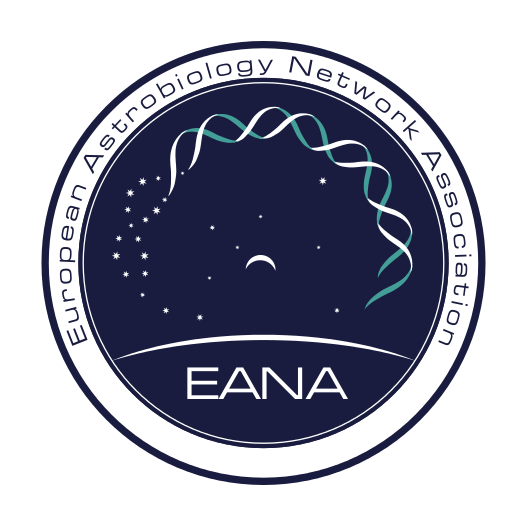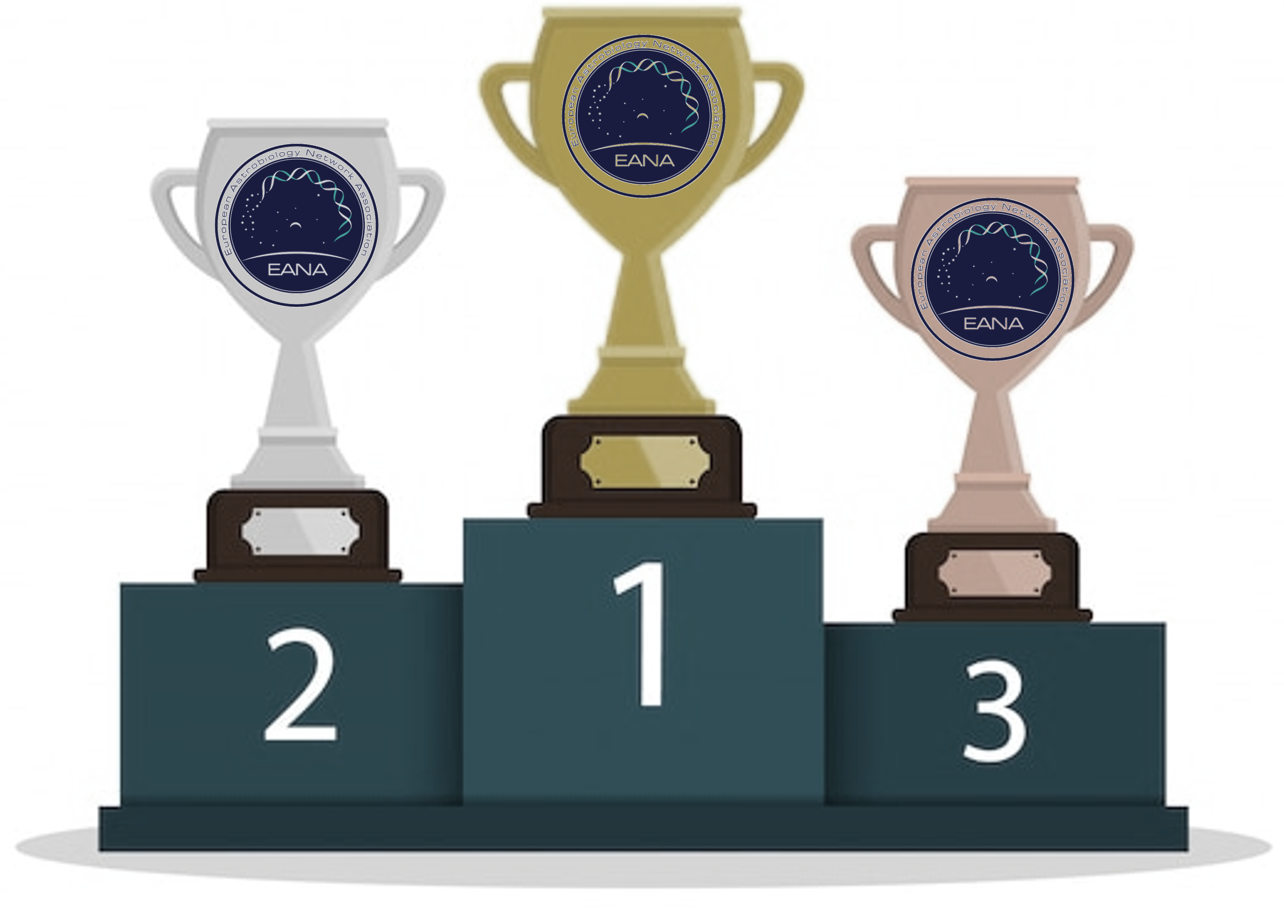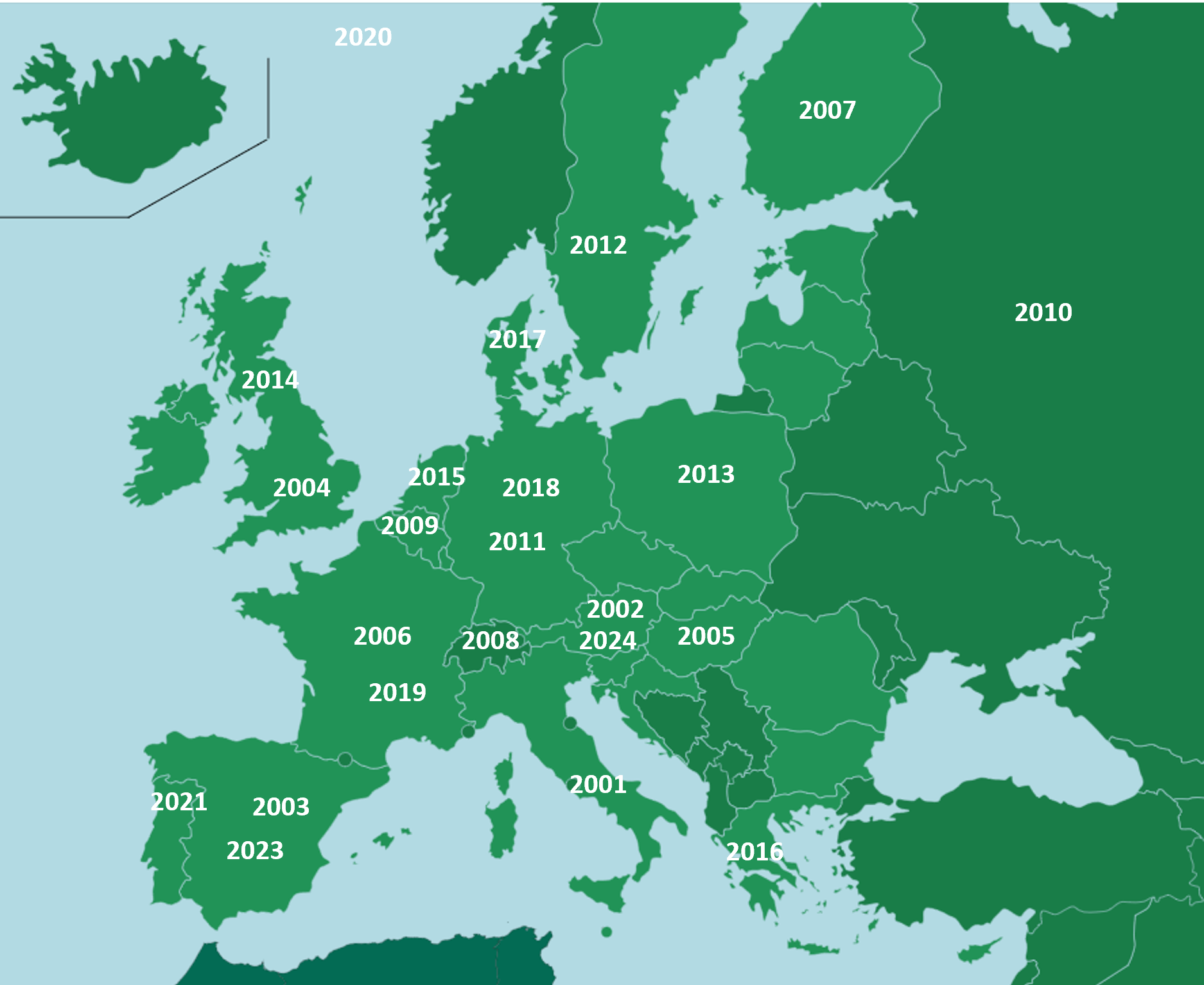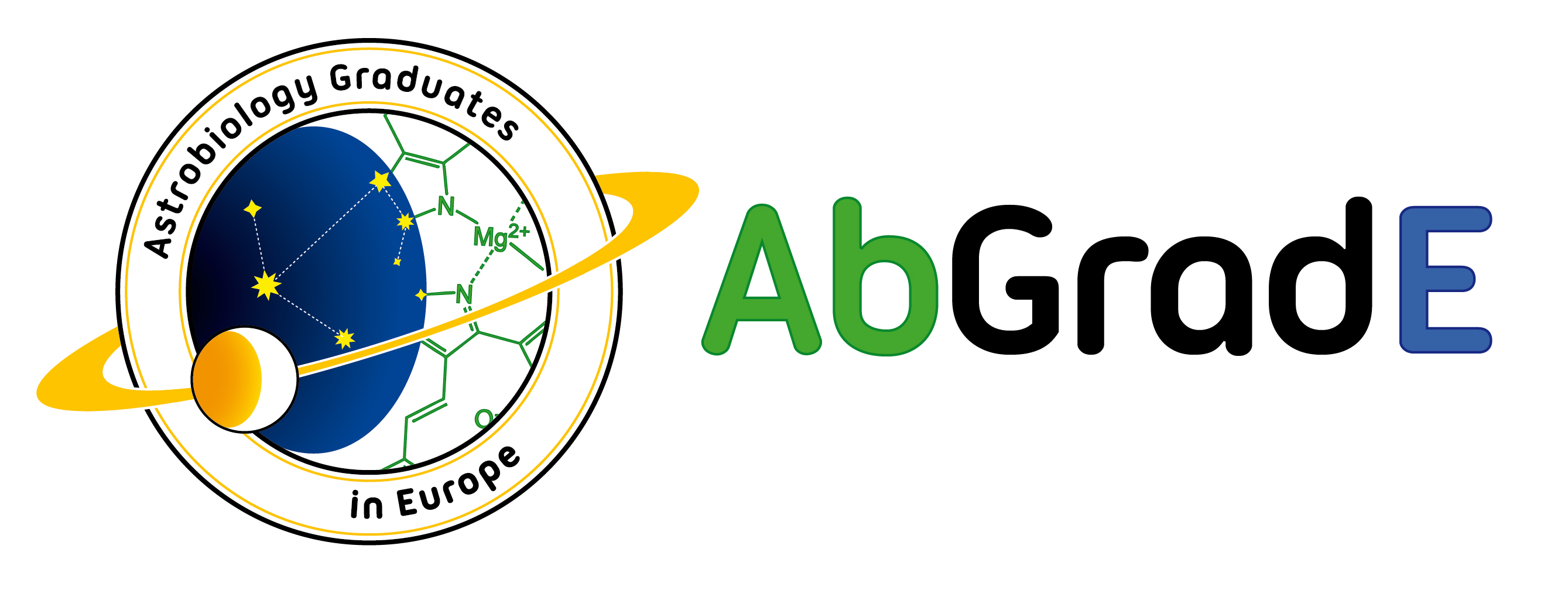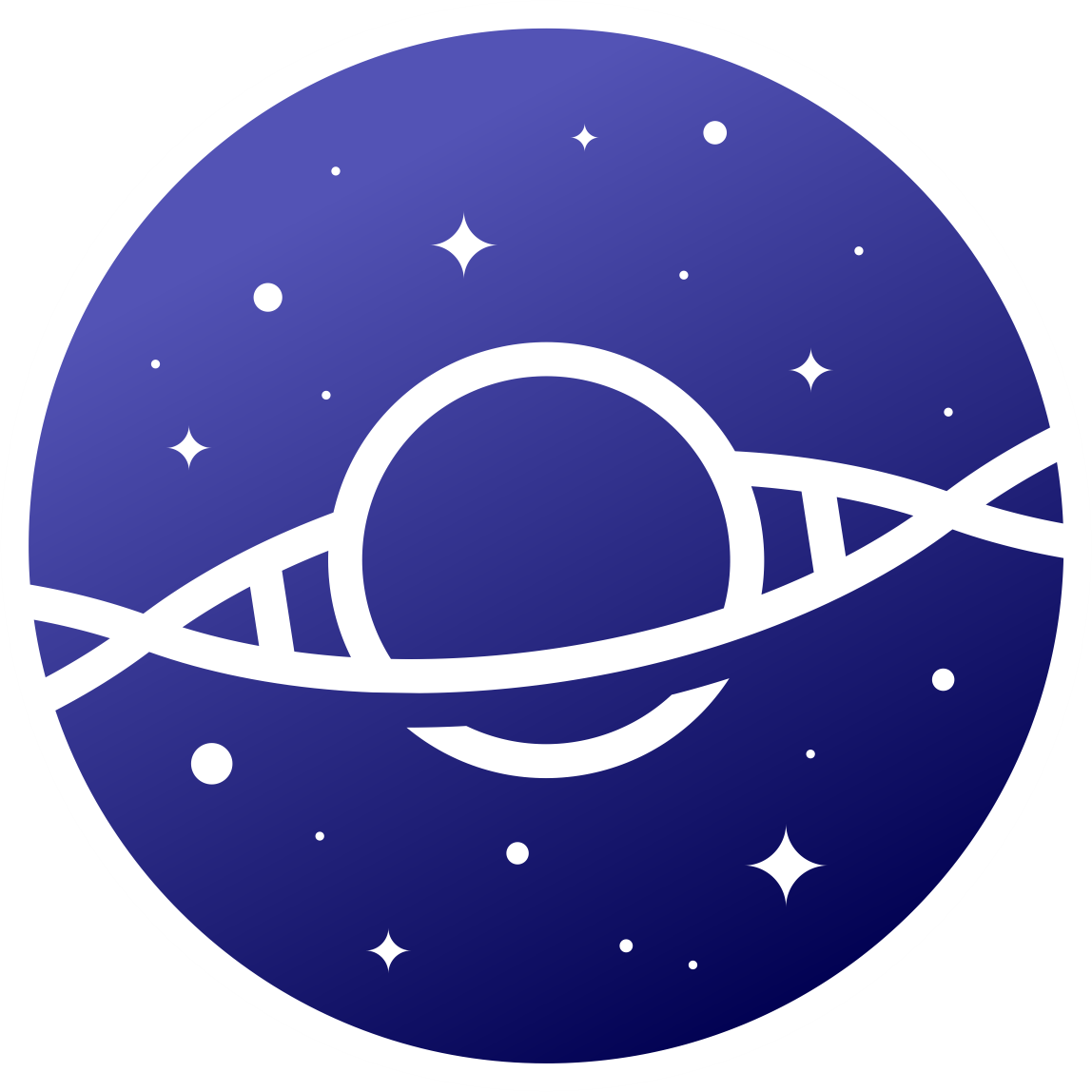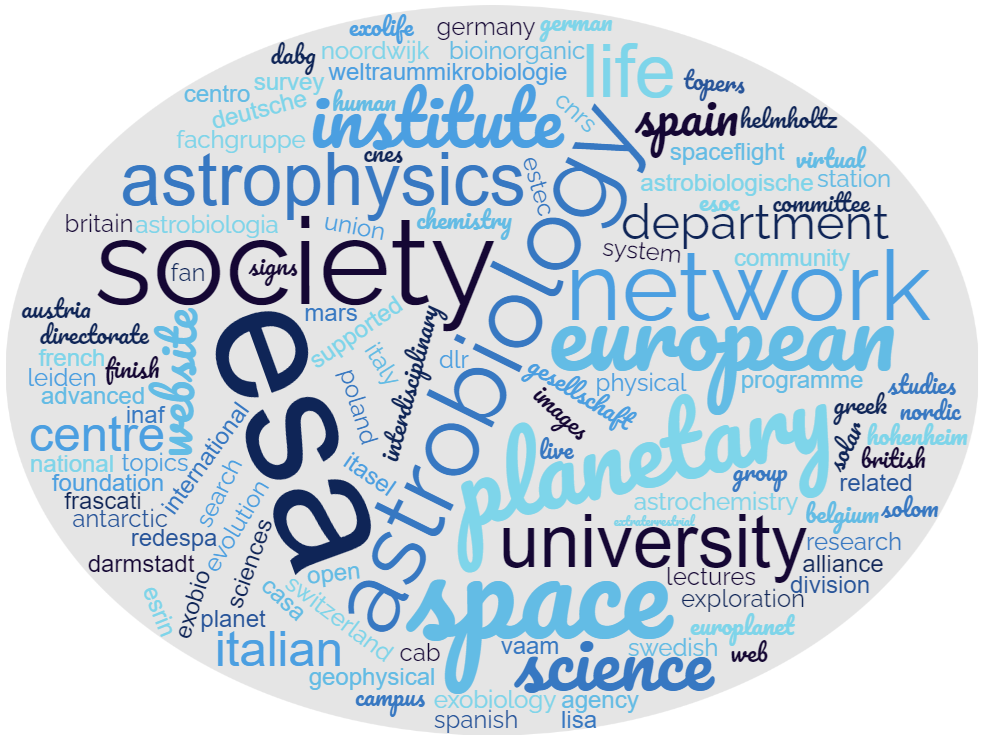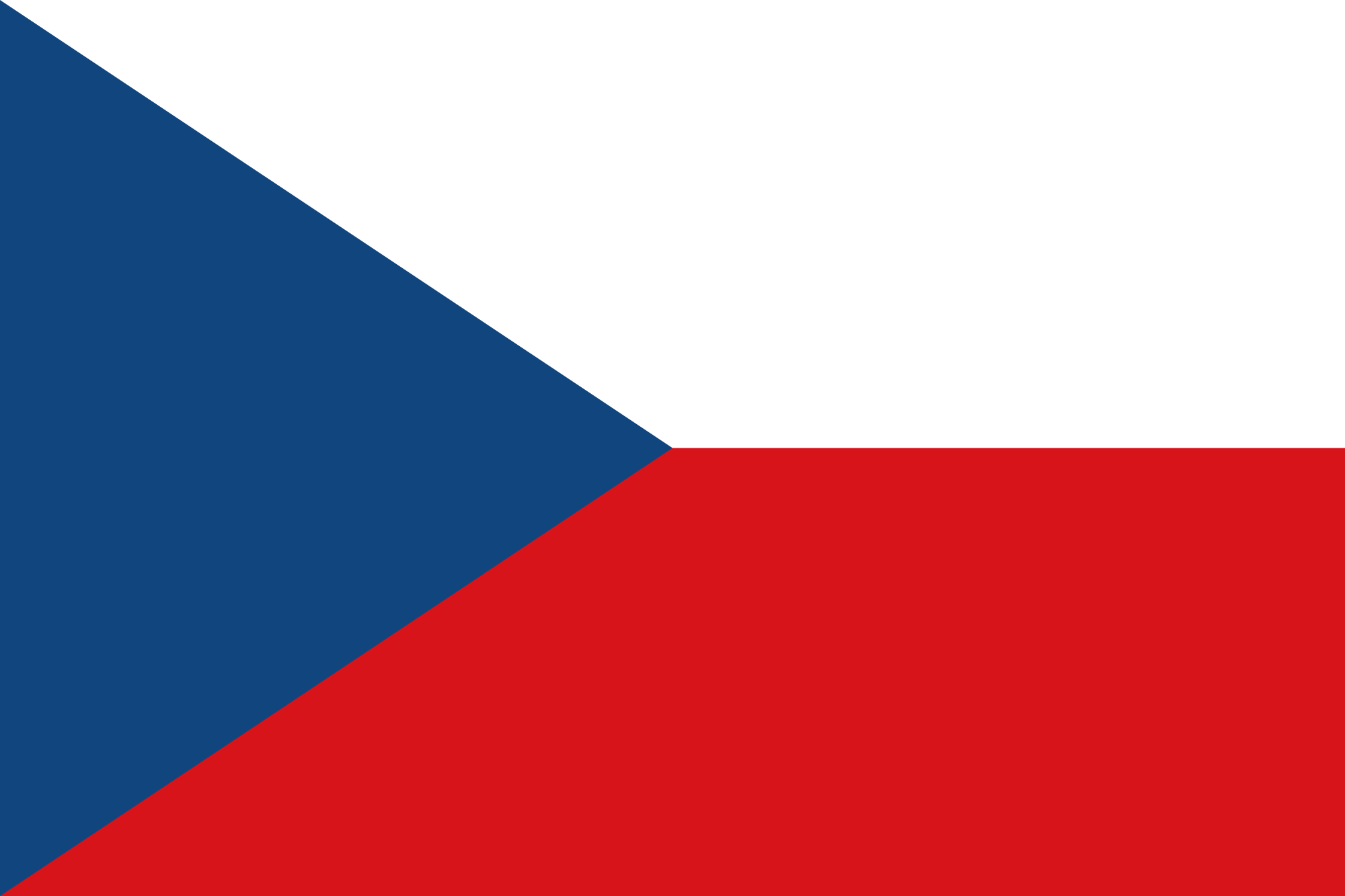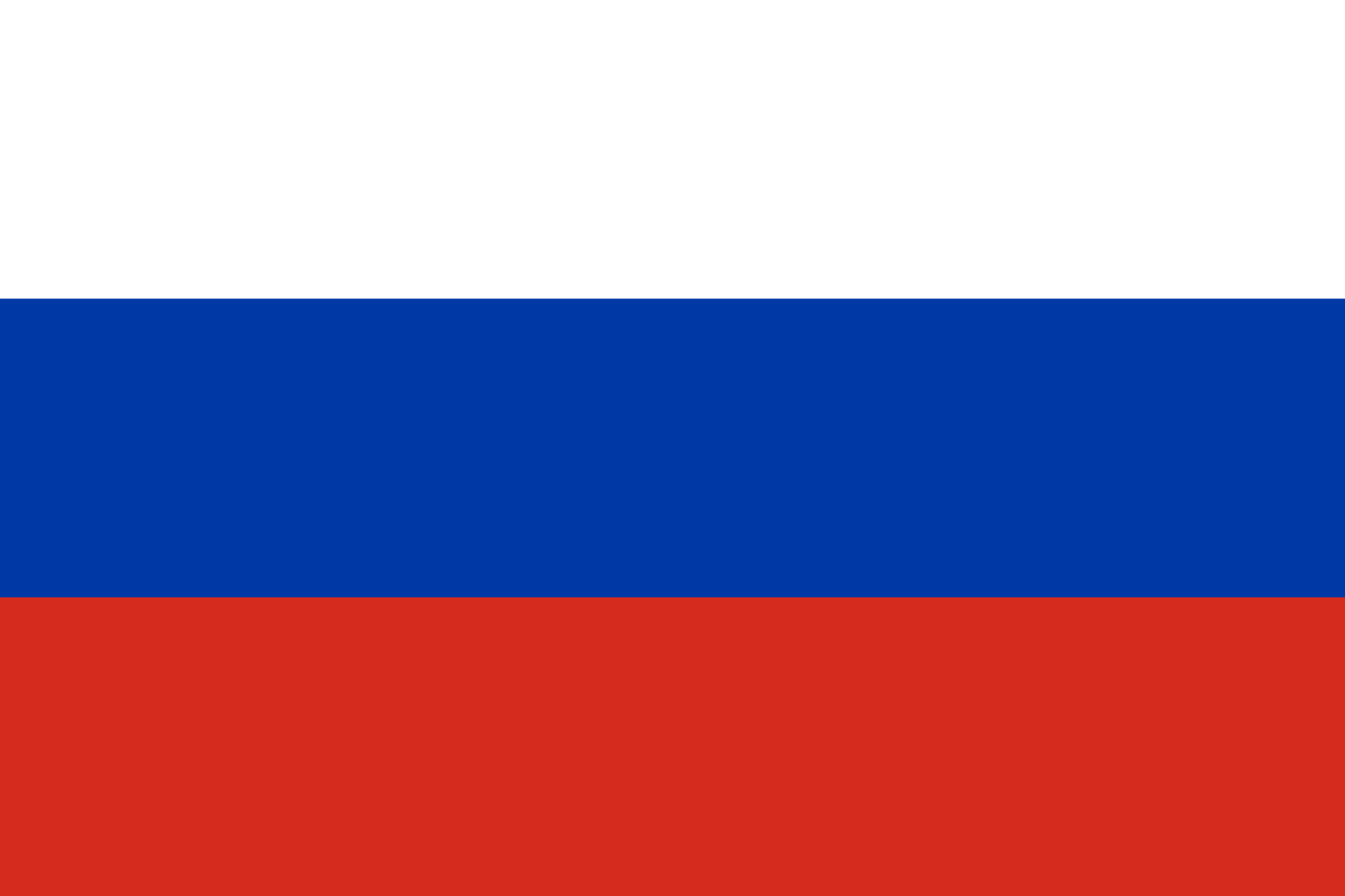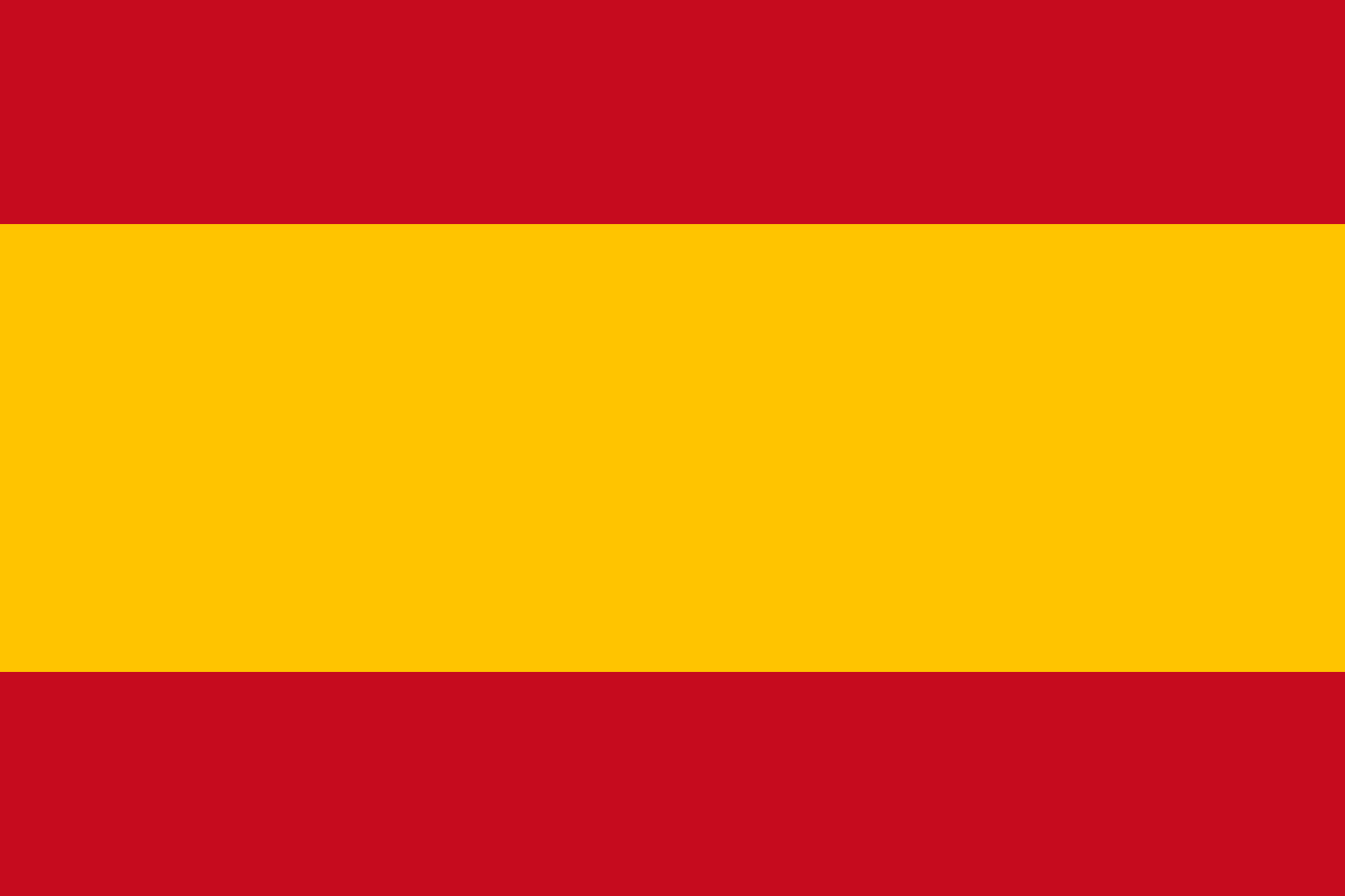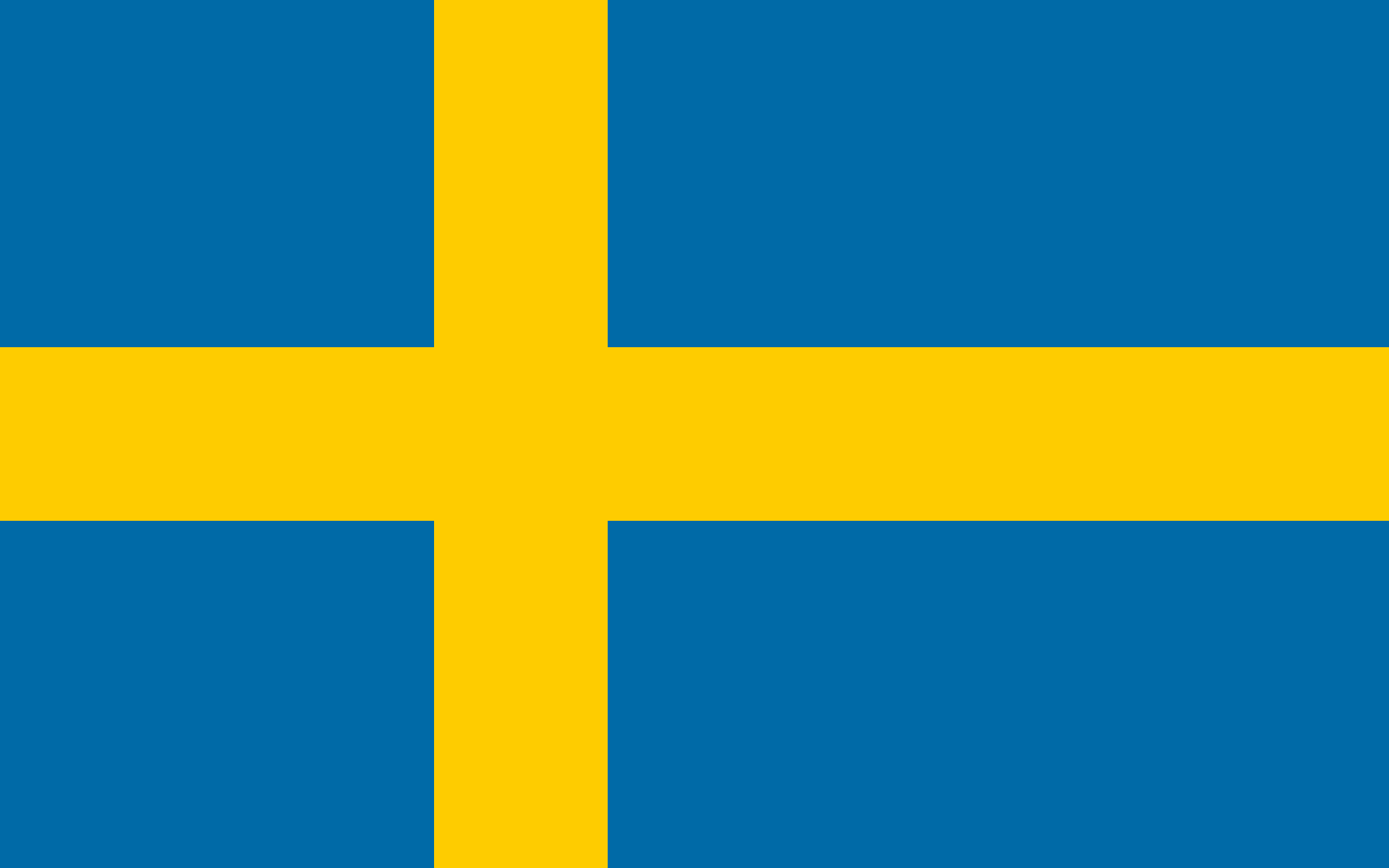News and Views
Season's Greetings by the EANA President
Dear EANA family, friends, and supporters,The end of this year is approaching. As we prepare to welcome 2025, I want to express my heartfelt gratitude for your loyal friendship with EANA. Thank you as well for your exceptional contributions and support this year, especially for EANA 2024 in Graz. Despite the numerous astrobiological conferences and workshops, we were delighted to have a strong turnout, with over 140 participants. The wide range of astrobiological topics and the outstanding quality of presentations demonstrated that Astrobiology in Europe is truly thriving. As I said last year, congratulations to all scientists, engineers, policymakers, and ESA representatives involved in Astrobiology. Your contributions made EANA 2024 a resounding success and highlighted the high standards we have achieved in the international Astrobiology community. I must also emphasize the excellence of the younger generation, who delivered remarkable talks and posters throughout the conference. As in previous years, it was an honour as president to present the various prizes in the successful Space Factor competition and Poster contest.
EANA 2024 was a success, thanks in part to an increase in sponsorships. This year, I would like to extend a particular thank you to: ESA, ESA Business Incubation Center Austria, ÖAW (Austrian Academy of Science), IWF (Space Research Institute), University of Graz, Das Land Steiermark, Region Graz, Stadt Graz, FFG, ÖFG, Austrospace, BioTechMed Graz, Astrobiology (Journal), International Journal of Astrobiology (IJA), and Springer. They contributed significantly to the realization of various prizes, catering, local support, and more. A special thanks also goes to our collaborators from IJA, Rocco Mancinelli, who are enabling the launch of a special issue featuring EANA 2024 articles, and to NoRCEL and Sohan Jheeta, who, as in previous years, have generously financed new incoming EANA members.
The success of the conference in Graz was also thanks to my dear colleague, EANA secretary, and friend Ruth-Sophie Taubner, who served as the main local organizer. Ruth, I hope you have finally received EANA's gratitude gift, the meteorite necklace. You truly deserve this extraordinary celestial token. Once again, my heartfelt thanks to you and your Austrian team for all your efforts in preparing and organizing EANA 2024.
But "after EANA 2024", it also means we have already started with preparations for "EANA 2025". I am highly confident that our next main organizer, Zita Martins, will be, like Ruth, an outstanding lead for the local organizing committee in our next conference city, Lisbon. I strongly encourage you to stay updated via our website and announcements regarding this conference. In Lisbon, we will continue our longstanding collaboration with ESA, our dedicated EANA conference sponsor for the past 24 years. Additionally, we plan to revive the EANA General Assembly, where your voices, as EANA members, truly matter. When we worked and adapted the EANA bylaws thanks to the efforts of council members Nigel Mason and Frédéric Foucher, we realized that the EANA General Assembly (GA) was in a dormant stage during the previous years. This is set to change soon, offering you, as EANA members, the opportunity to actively participate in the GA and vote on potential updates to EANA's newly revised bylaws. These bylaws may serve as a foundation for fostering effective collaborations with space agencies beyond ESA, such as NASA, JAXA, and others.
Last but not least, I must emphasize that I have an excellent EANA council and an outstanding executive board team supporting me. I am deeply grateful for their commitment and would like to extend my special thanks to my vice-presidents Lena Noack and Rosa de la Torre Noetzel, the two Secretaries Ruth-Sophie Taubner and Séverine Robert, as well as our treasurer Frédéric Foucher, the advisors and honorary presidents Frances Westall and Barbara Cavalazzi, and not to forget all of you, the active EANA members. Your kind and valuable support keeps EANA vibrant, brilliant, and dynamic. This vitality comes from your enthusiasm and dedication, and I am confident it will continue next year as we tackle many exciting topics in astrobiology.
As my mandate ends in 2025, it will soon be your turn to elect a new council that will ultimately nominate and vote for the next president. After being encouraged to continue, I will offer my candidature again. However, if anyone in our EANA family is interested in running, please don't hesitate. We are in a democracy. Just do it! Maybe you have a much more convincing agenda compared to my program for the next years. Because I am not sure if I will continue a second mandate, I just reflect on the last years and I believe I was on the right track to fulfil my promises. I started improving cooperation work with EAI, our community size is slightly increasing, what could be improved further, I do my best to keep EANA in its friendly environment with family character, I support the young generation, I am including other disciplines of science and engineering with society relevant topics in our portfolio representing them also on other space relevant conferences and strategy boards at different agencies and political boards. I have an eye on new missions which are soon in the loop. The Moon is coming closer by the ARTEMIS program where many European countries have signed cooperation agreements. The moon will also play a significant role in the near future in Astrobiology because besides the intriguing astrobiological potential of its permanently shadowed polar craters, the Moon could become a brilliant research platform for astrobiology after the ISS is retired. Meanwhile, Low Earth Orbit activities will continue, at least until 2030, on the ISS and later on commercial platforms. Finally, let's not forget the many EANA members directly involved in Mars, icy moons, and exoplanets missions. These efforts underline the central role of our community in advancing astrobiology on multiple frontiers.
With this brief outlook on my visions for the future and a potential second mandate as EANA President, I would like to extend, on behalf of my executive board team, Season's Greetings and our best wishes for a wonderful, healthy, and successful New Year 2025!
With best regards
Jean-Pierre
President of EANA
Added 4 Jan 2025
EANA 2024
After a very successful EANA2023 in Madrid, we are happy to announce that EANA2024 will take place from September 3rd to 6th 2024 in Graz, Austria. It will be hosted by the Space Research Institute (IWF) of the Austrian Academy of Sciences (OeAW) in cooperation with the Technische Universität Graz. The venue will be the "Alte Technik", which was the original building of the new Imperial and Royal Technical College built in the 1880s. Please, mark the first week of September 2024 in your calendar! Further information and details will follow within the next months.Added 13 Dec 2023
Statement of Support for Ukraine
The EANA community deeply deplores the present war in the Ukraine and offers its heartfelt moral support to the Ukrainian people. We are lucky to work in a world where science transcends frontiers and brings scientists from different countries together for peaceful research. We reach out also to our Russian colleagues who are as negatively influenced by these events as we Europeans (and, in general, the international community). We therefore call on all scientists and EANA members to support the Ukrainian people, our colleagues in the east, and free science, hoping for a rapid return to peaceful conditions on our shared continent.Please also see the statement published by the Europlanet Society, with whom we will jointly organize our annual meeting (see EANA@EPSC2022) this year, with links to different European support schemes for our Ukrainian colleagues and friends.
Added 3 Mar 2022
The EANA 2025 will be held at Instituto Superior Técnico, Lisboa, Portugal, from the 21st (Tuesday) to the 24th (Friday) of October 2025. The EANA Council Meeting and AbGradE'25 will be held on Monday, 20th October 2025.
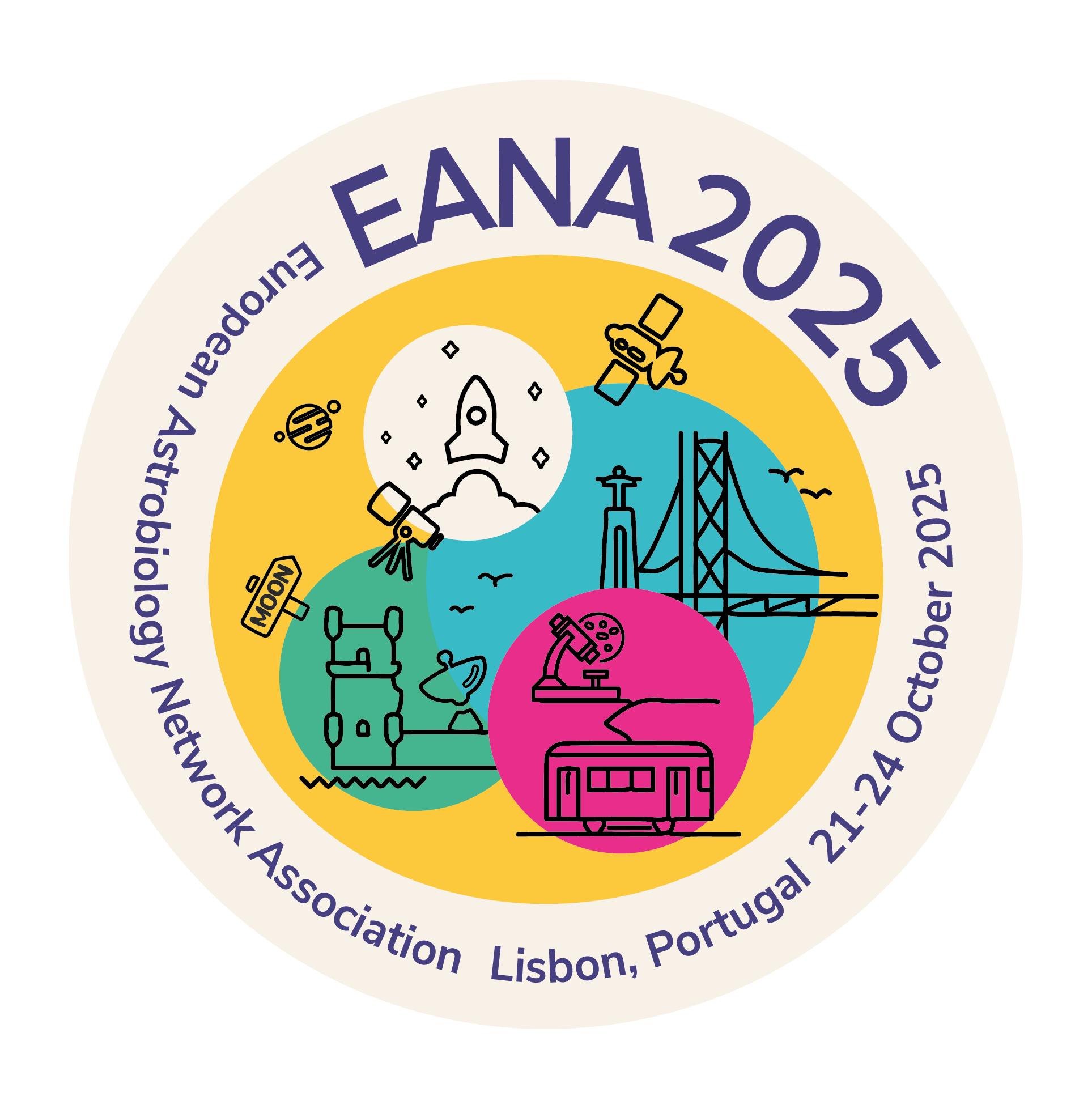

- Rocky Worlds 4
2026-01-19 to 2026-01-23, Groningen, Netherlands - *New* Spring School "Tracking the evolution of planetary systems and planets"
2026-04-15 to 2026-04-22, Liblice Castle (Liblice, Czech Republic)
Application deadline:
2026-01-15 - Submit Astrobiology Sessions for EGU2026
2026-05-03 to 2026-05-08, Vienna, Austria - Origins 2026 (IAU Symposium 407)
2026-07-05 to 2026-07-10, Paris, France
- *New* NOW OPEN: Associate or Assistant Professor Position at the Section of Chemistry & Biochemistry at the University of Geneva
Application Deadline: 2026-03-15.
Westall et al. (2025): Insights from early life in the 3.45-Ga Kitty’s Gap Chert for the search for elusive life in the Universe
Nature Astronomy 2025, , , DOI:10.1038/s41550-025-02661-0Link to paper
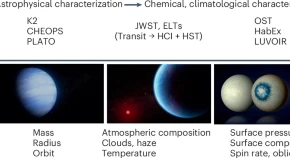
- Journal of the Royal Society Interface 20th anniversary competition
- Astrobiology: Current, Evolving and Emerging Perspectives
- EXPOSE R-2 on the ISS: The BOSS and PSS Experiments Results
- Special Collection: BIOMEX (BIOlogy and Mars EXperiment)
- Thermodynamic Inversion: Origin of Living Systems
- Astrobiology Special Collection: STARLIFE
- Special Issue on AstRoMap
- Astrobiology Primer 2.0
